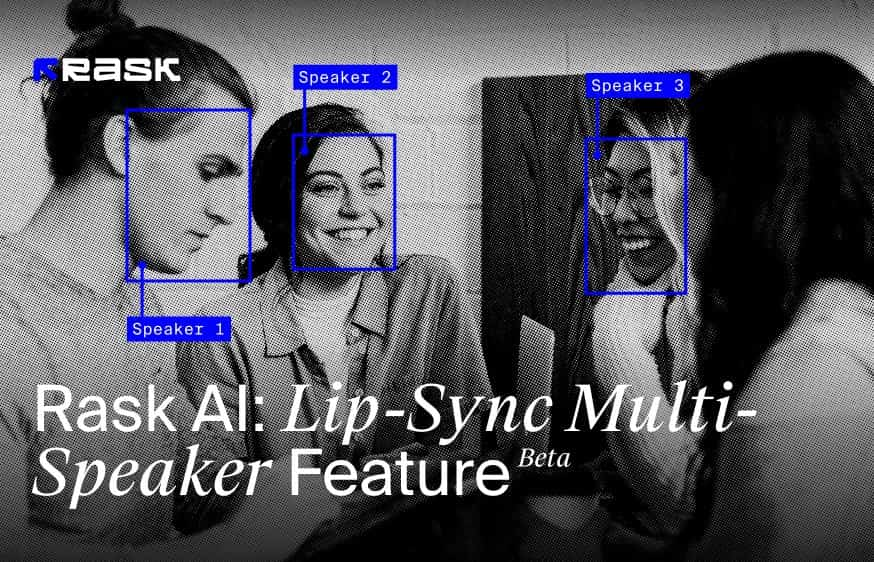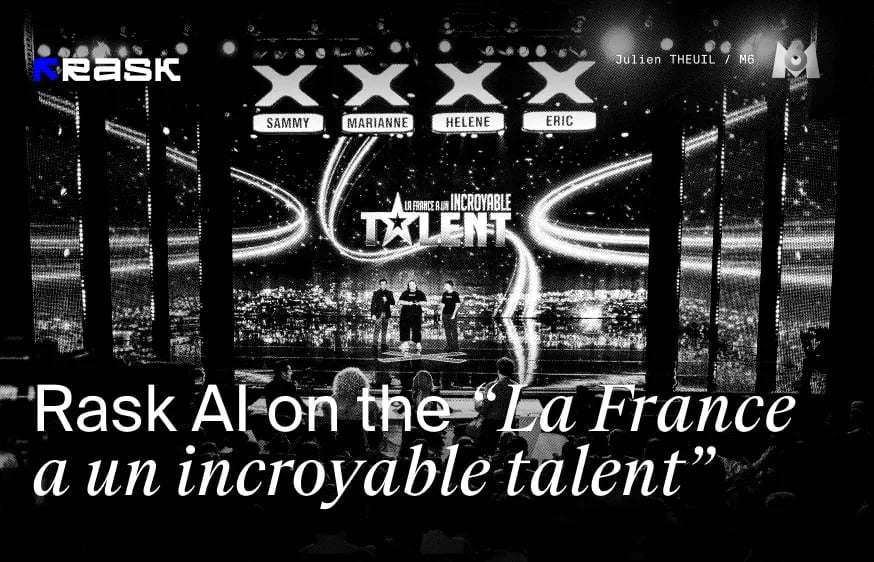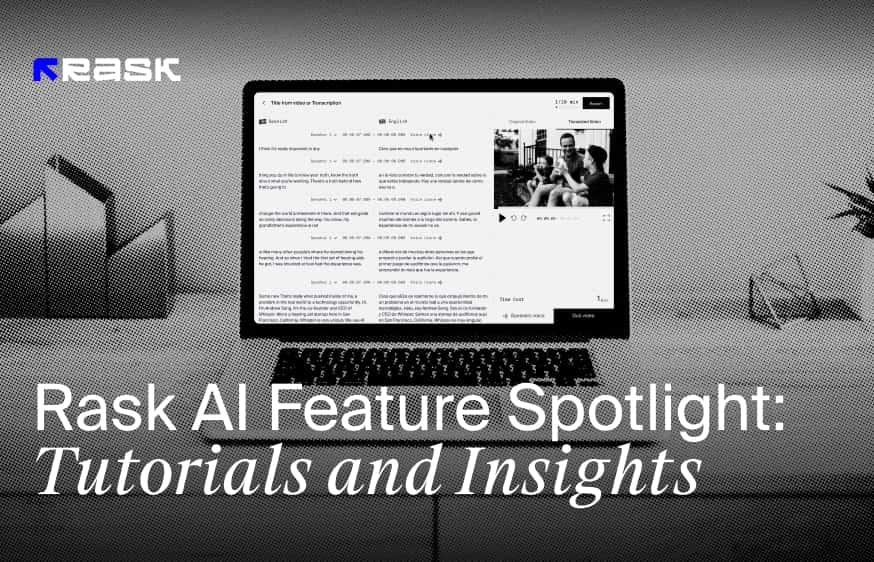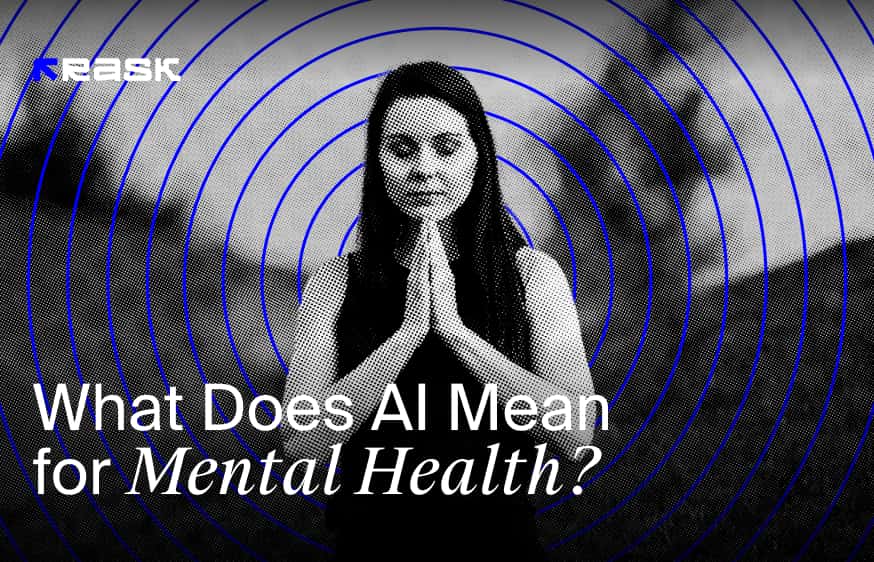The EdTech industry is experiencing its most profound evolutionary state in decades. The relentless march of technology, particularly artificial intelligence (AI), fuels these strides. AI is finding a home in nearly every professional sector, from healthcare to finance, transforming how we live and work.
AI is poised to redefine the learning environment by personalizing learning experiences, democratizing access to information, and managing knowledge like never before.
Maria Chmir, CEO and founder of Rask AI and Brask, and Gerd Leonhard, founder of the Good Future Project Gerd Leonhard, Futurist and CEO of The Futures Agency, recently discussed AI in the space. Here’s how this tech is making it easier for everyone to enjoy education the way that’s best for them.
The Concept of Holistic Learning
Traditionally, this approach to education emphasizes the development of the whole person. It incorporates all aspects of intellect, intuition, and physical, psychological, and spiritual well-being.
In practice, it moves beyond the rote memorization of facts to cultivate critical thinking, problem-solving, and creativity. However, integrating a holistic approach into everyday learning has been far from the norm in formal educational settings.
AI is flipping the script.
Giving People a License to Learn
With the ability to process vast amounts of data, AI platforms can assess a student's entire learning experience, not just their standardized test scores.
The tech enables educators to tailor lesson plans based on a deep understanding of individual student needs, preferences, and performance, creating a more personalized learning experience.
AI-powered tools can create virtual environments that allow students to experience the information they're learning rather than just reading about it.
For example, medical students can simulate surgeries, and history students can visit ancient civilizations through virtual reality (VR) experiences. These simulations offer an immersive learning environment that appeals to a student's senses and different learning styles.
AI's Role in Knowledge Management
To Gerd, this is a major selling point. “A lot of people have trouble managing knowledge – finding it again, tagging, organizing, summarizing. And these are skills I need in my job as a futurist. And if you're a CEO of a company, or politician, or you have a complex environment, you have to be good at knowledge management. And AI can really help with that.”
The world can be a scary place for young people and new adults. They need the skills to manage and deliver knowledge effectively. AI tools help organize information, break down complex topics, and deliver it to learners in digestible formats.
Let’s Break It Down a Bit More
Knowledge management is the systematic process of finding, selecting, organizing, distilling, and presenting information.
Modern education is characterized by a torrent of data and complex knowledge being thrown onto people’s plates all at once. It’s not conducive to information absorption, and it’s time to change the game.
The AI Advantage
AI excels at handling the vast datasets found in contemporary learning materials. Machine learning algorithms can identify patterns and relationships in data that a human might miss and create a hierarchy of learning objectives that best represent the interconnectedness of different topics.
Making Disruption Happen
AI is emerging as the antidote to these systemic flaws by offering a new on-demand and personalized learning paradigm.
The traditional education system often focuses on delivering information in a standardized format, with little room for individual inquiry or exploration. This approach stifles creativity and problem-solving skills in favor of exam prowess.
AI's Response to Education's Flaws
AI provides a truly on-demand and personalized learning experience. Online learning platforms leverage AI to create customized learning paths for their students, allowing them to explore topics at their own pace and in depth.
The Future of AI in Education
The integration of artificial intelligence in education heralds a seismic shift from traditional learning paradigms to a future where education is personalized, interactive, and deeply integrated with technology.
Its capacity to tailor educational experiences to individual learners, enhance immersive learning through virtual realities, and streamline knowledge management underscores its potential to democratize and revolutionize education.
The future of AI in EdTech promises a landscape in which physical classrooms or traditional curricula do not constrain learning. It now becomes an expansive, adaptive, and continuous journey.
The challenge ahead lies in making AI's benefits in education accessible to all. That’s how it will truly disrupt and enrich the educational ecosystem.
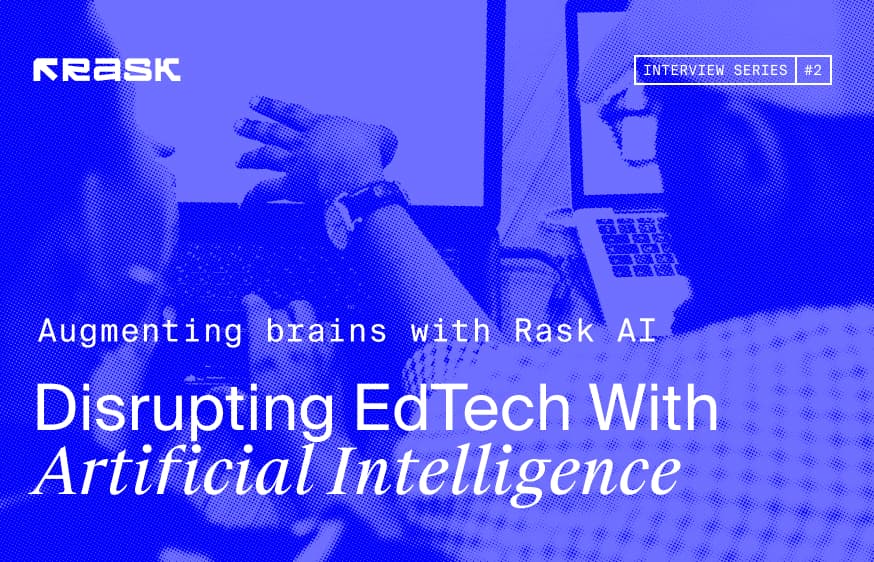


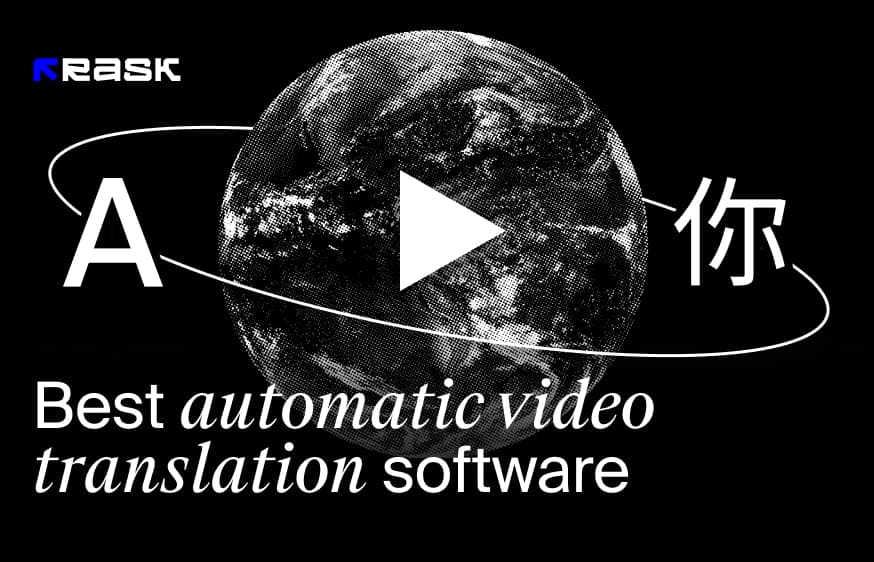
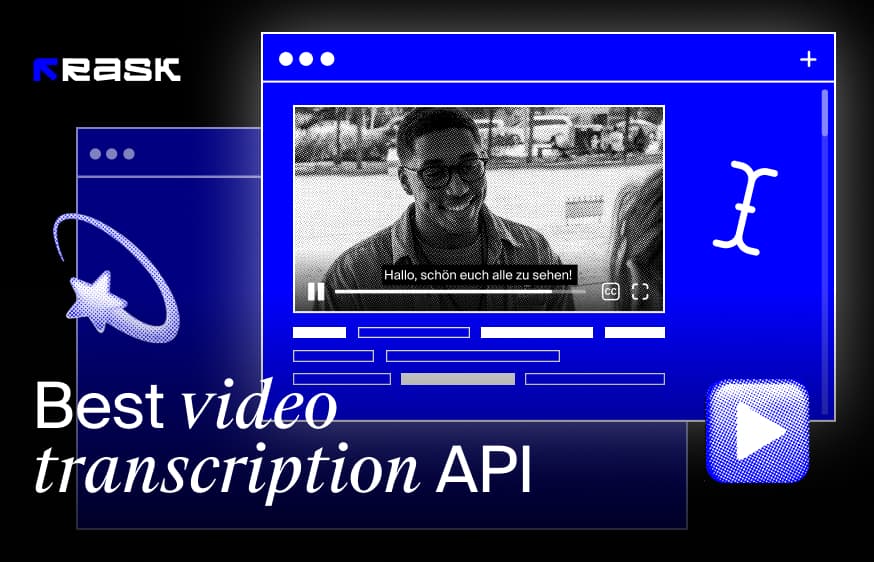
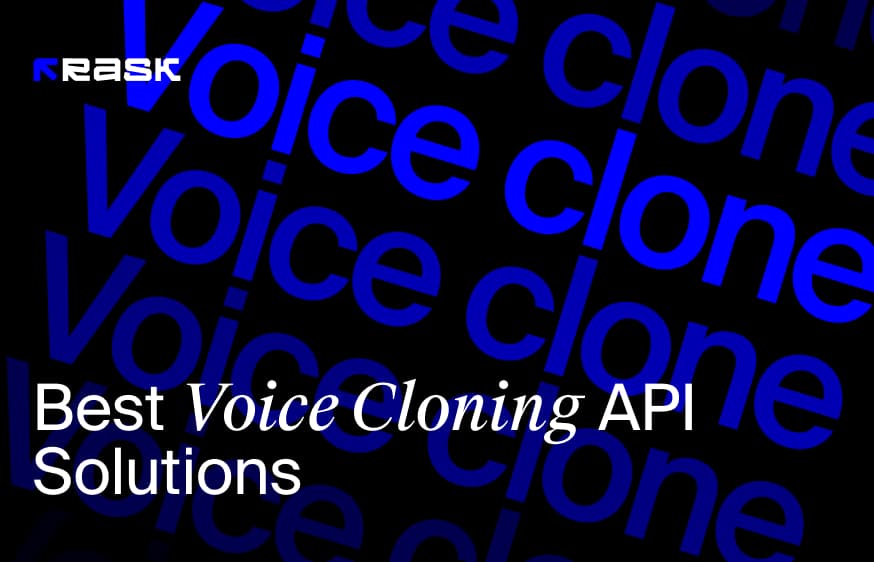
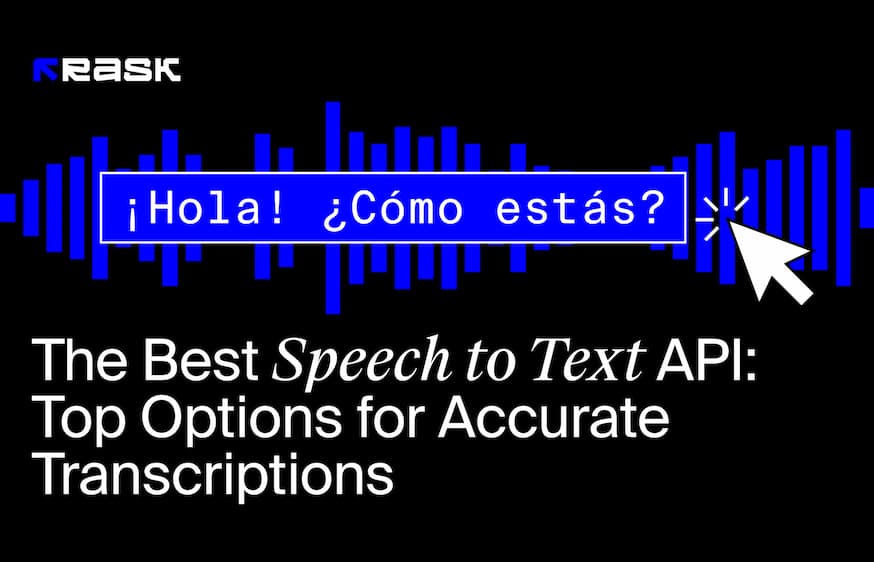
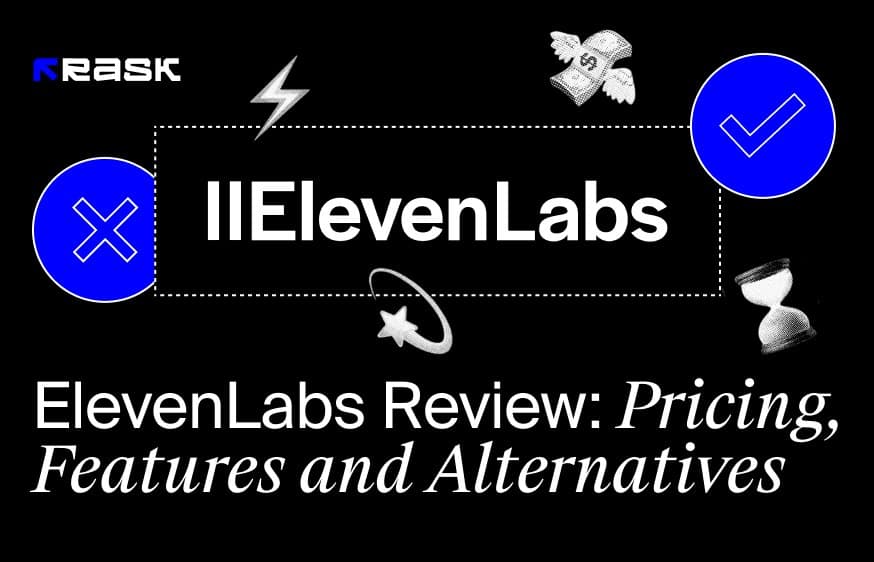
.jpg)
.webp)
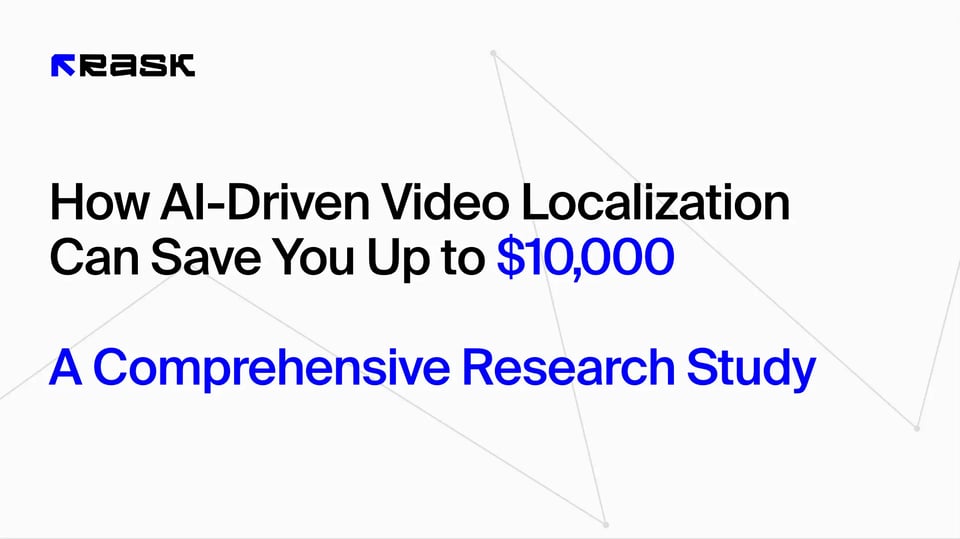
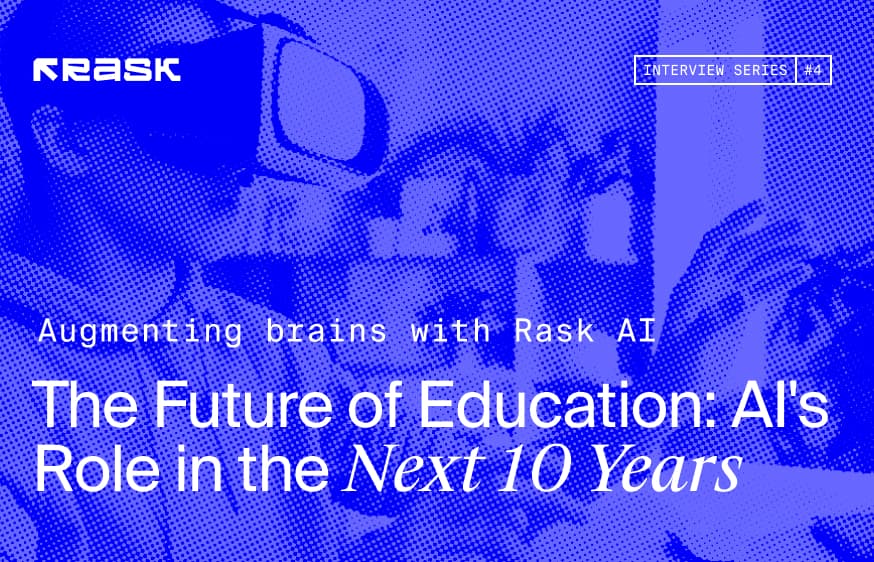
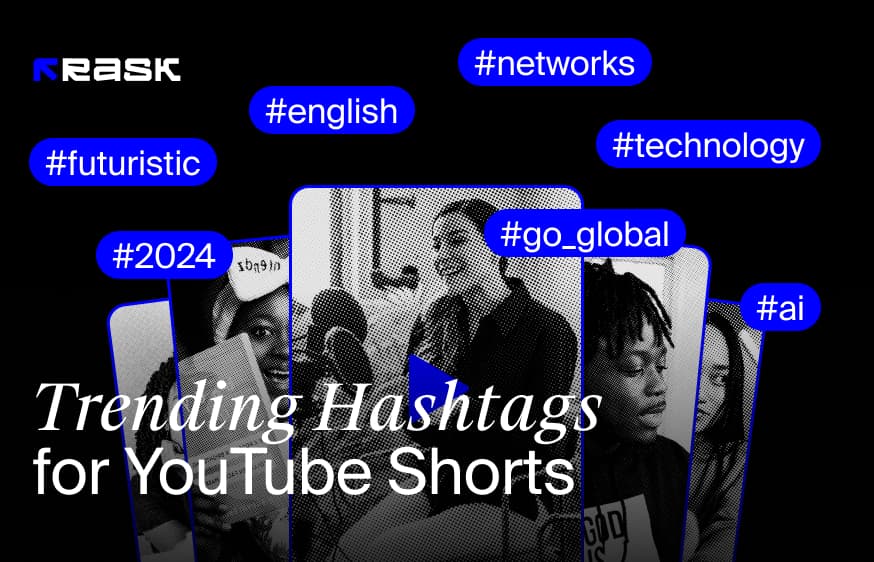
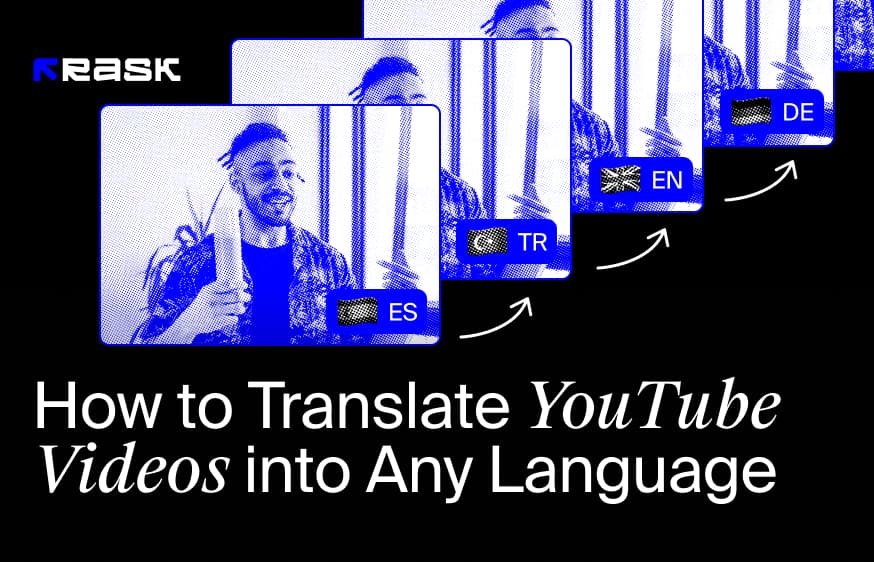
![8 Best Video Translator App for Content Creators [of 2024]](https://rask.ai/cdn-cgi/image/width=960,format=auto,fit=scale-down/https://cdn.prod.website-files.com/63d41bc99674c403e4a7cef7/6668a3dcd3175bd1d1c73c81_Best%20video%20translator%20apps%20cover.webp)
![Best AI Dubbing Software for Video Localization [of 2024]](https://rask.ai/cdn-cgi/image/width=960,format=auto,fit=scale-down/https://cdn.prod.website-files.com/63d41bc99674c403e4a7cef7/66685014f68137eb05c89c16_Cover.webp)
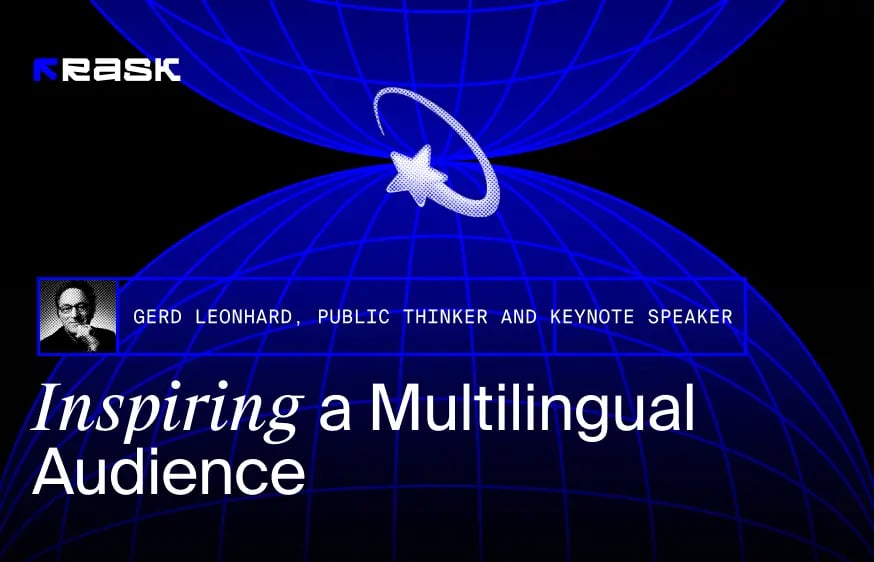


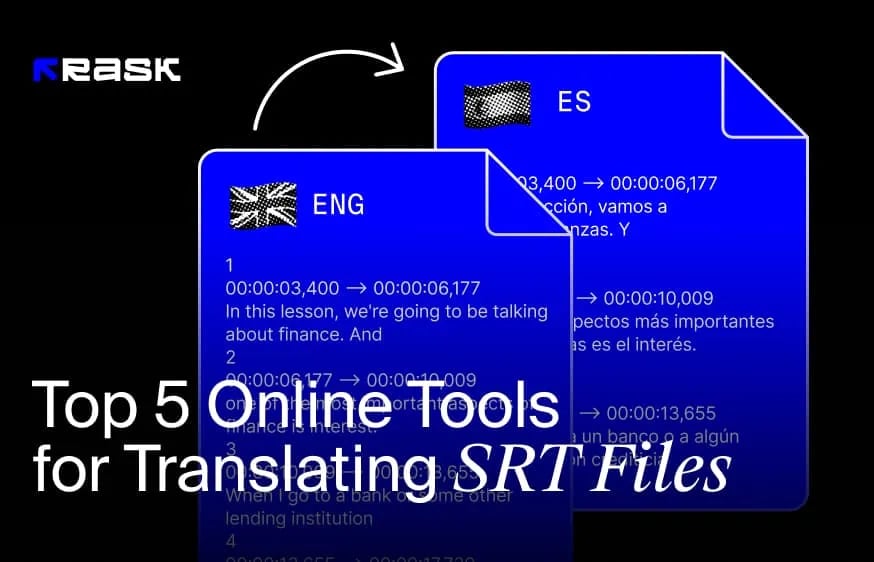
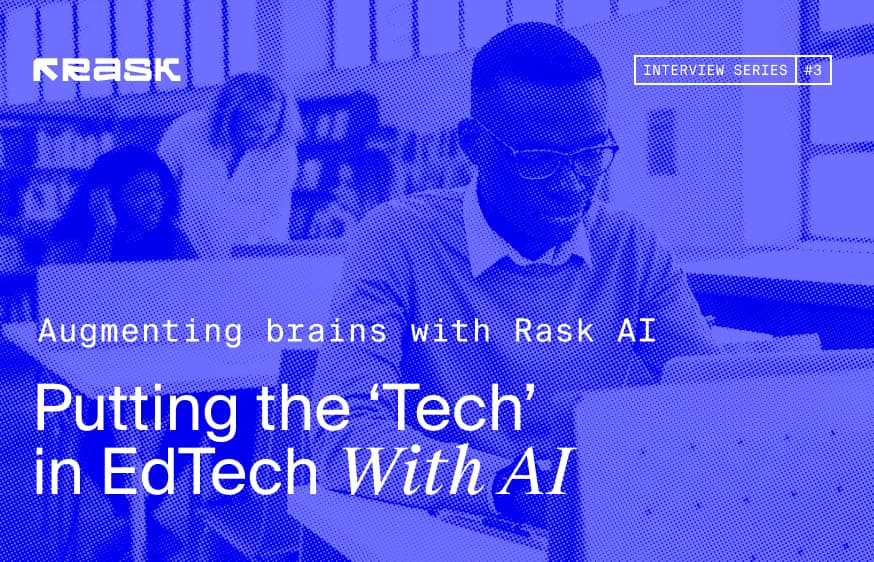
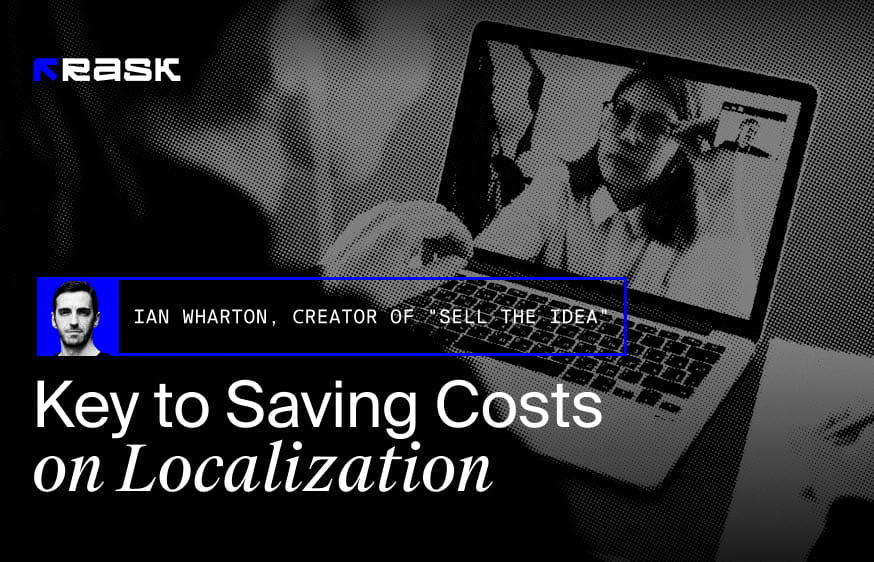
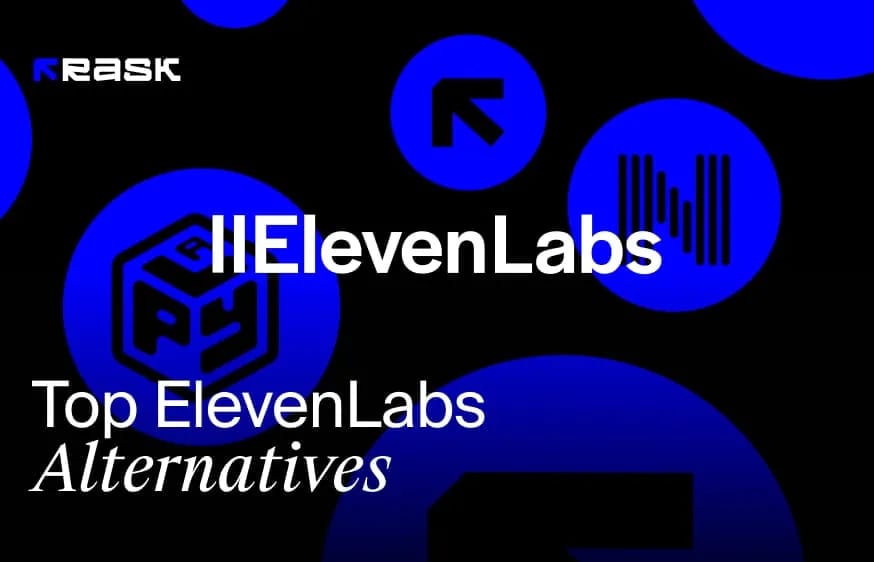

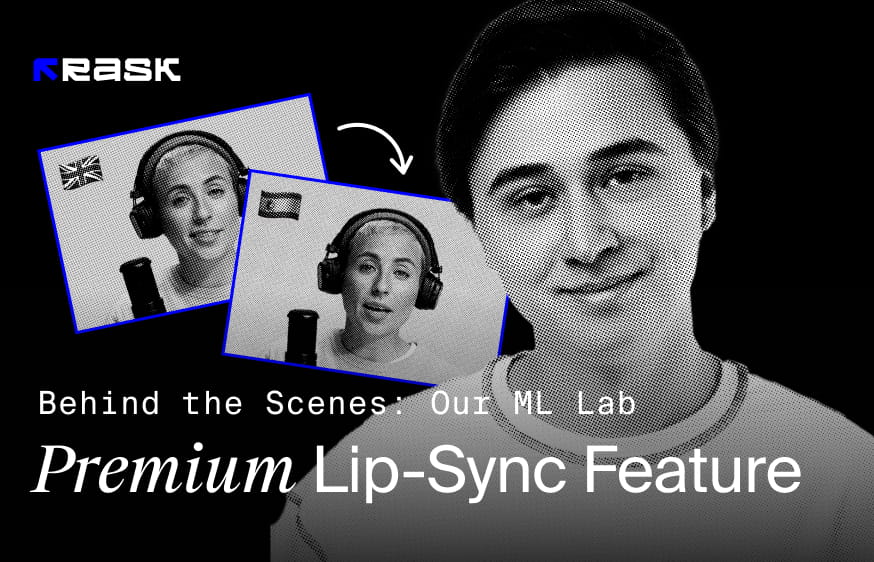
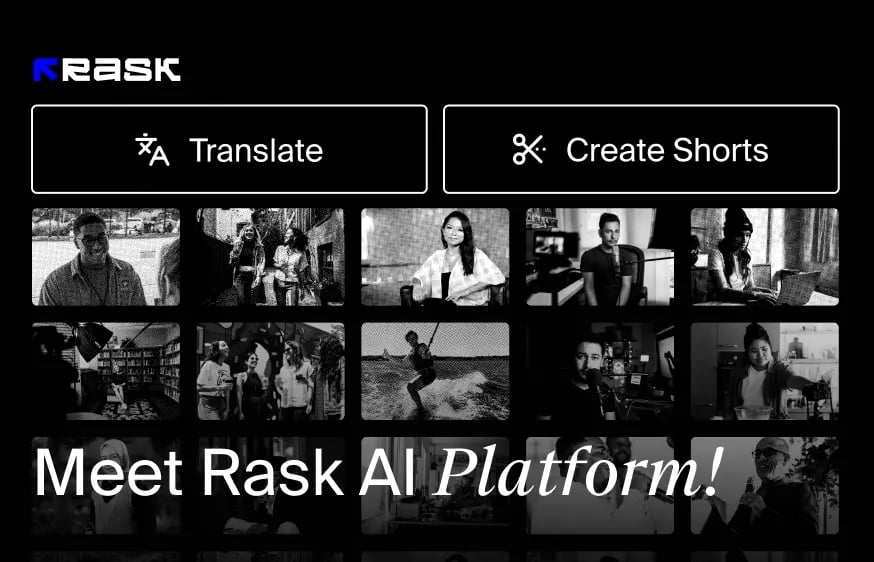
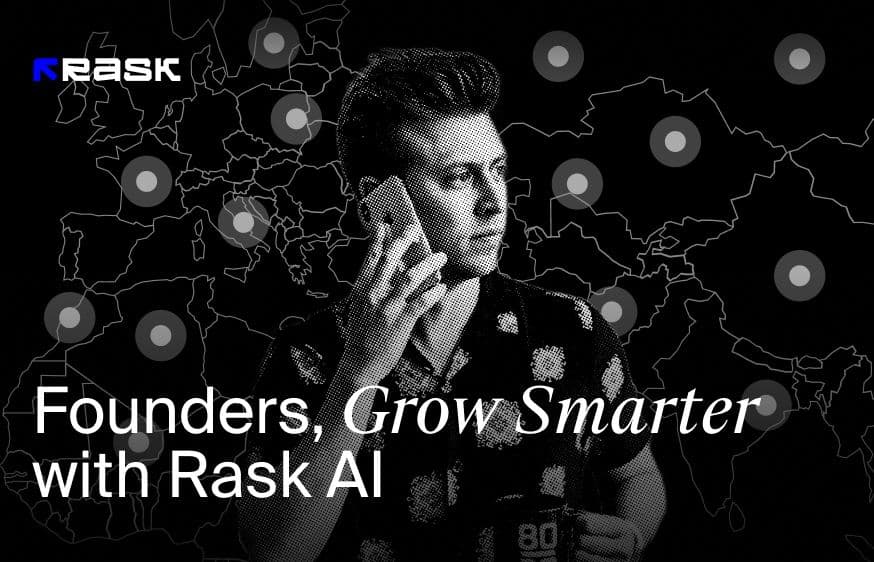
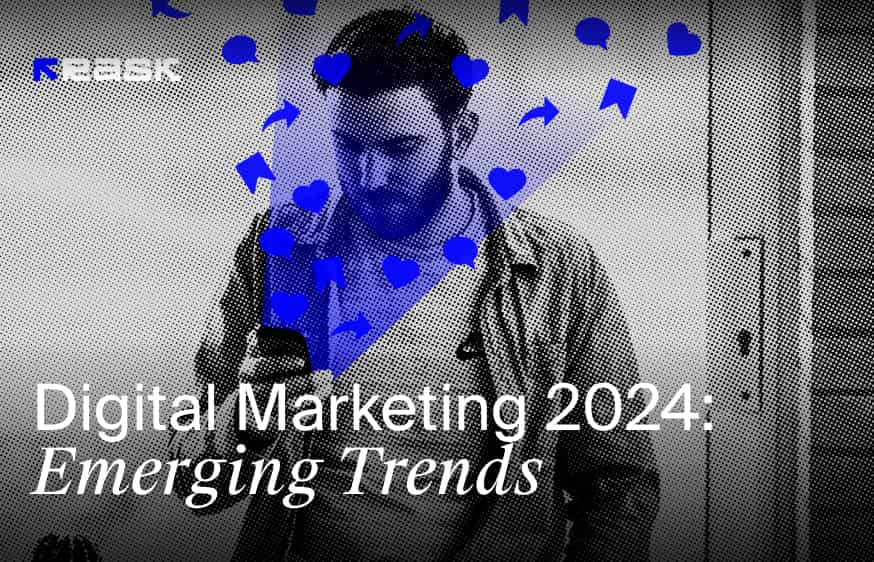
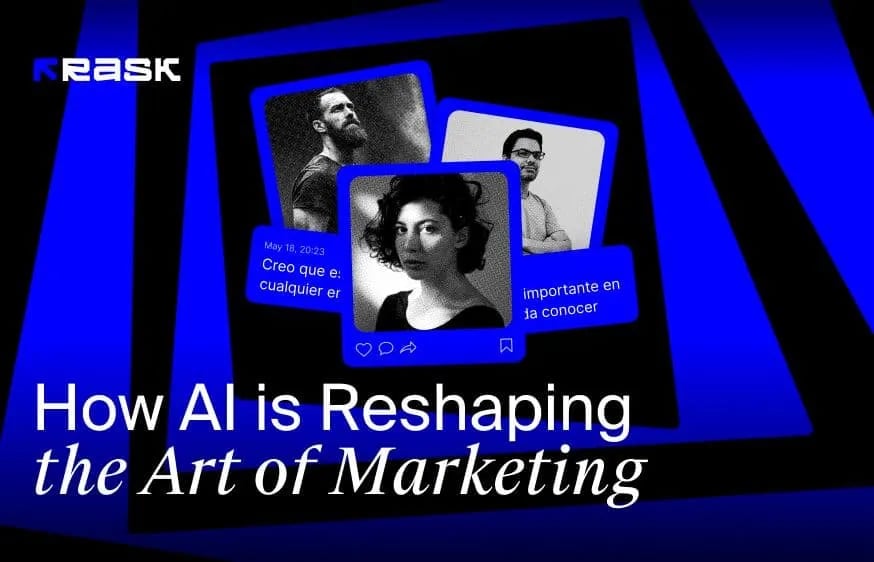
Rask%20Lens%20A%20Recap%204.webp)
